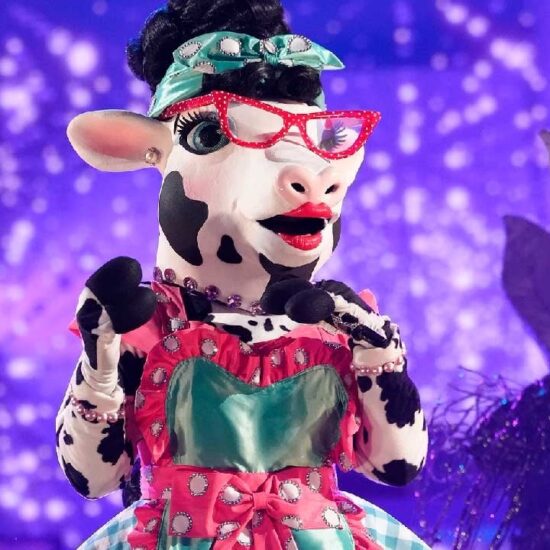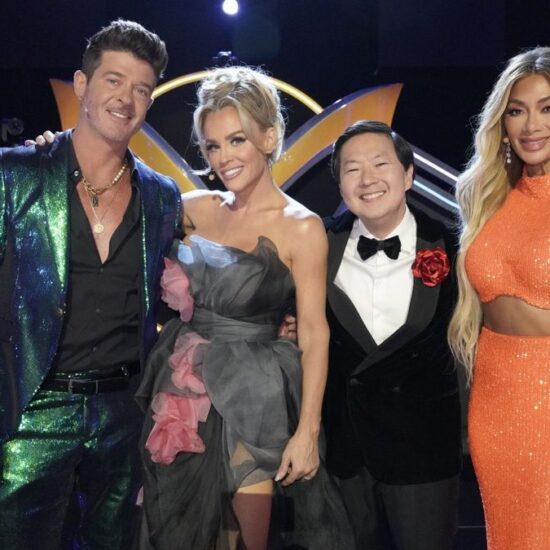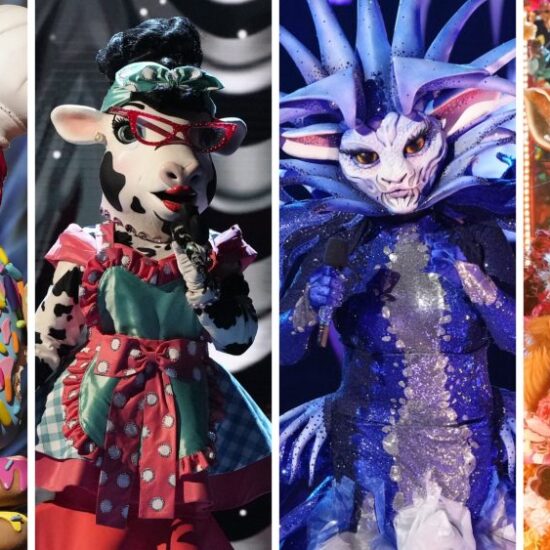
This story about Nick Mohammed and “Ted Lasso” first appeared in the Comedy & Drama Series issue of TheWrap’s awards magazine.
Sometimes, Nick Mohammed refers to his character’s Season 2 arc on “Ted Lasso” with a professional wrestling term, calling it “a heel turn.” Other times, he uses a “Star Wars” reference and calls it “The Empire Strikes Back,” the boldest and darkest film in which evil prevails. But however you want to label it, it’s hard to imagine a bigger and more shocking shift than the one that Mohammed’s character, AFC Richmond football coach Nathan “Nate the Great” Shelley, undergoes.
In Season 1, Nate was the underdog everybody loved, the bullied equipment manager who rises to become an astute strategist with the help of Jason Sudeikis’ title character. But in Season 2, Nate becomes successful, insufferable and burning with anger at the man and team who helped him; by the end of the season, he’s raged at Ted, torn the coach’s famous locker-room “BELIEVE” sign in half and accepted a job with the team’s biggest rival, West Ham.
“As an actor, you relish doing something a little bit different,” said Mohammed, one of seven “Ted Lasso” actors nominated for Emmys last year. (Sudeikis, Brett Goldstein and Hannah Waddingham won.) “If I had a comfort area, it would certainly be doing the slightly bumbling, awkward kind of comedy — I know where I am and I can play within that area. So I certainly knew that the Season 2 version of Nate was going to be a lot more challenging. There were far fewer jokes in it for him, you know?
“And the other thing is that in my experience, if you’re a supporting character, you don’t usually get the opportunity to go on those journeys. The lead characters get to develop and change, but the supporting ones are often just a constant foil for them. So this was very fun.”
Mohammed knew the move was coming since early in the first season, when the writers let him in on Nate’s journey. And he figured that the fans Nate gained in Season 1 might well turn to haters in Season 2.
“I was aware that it was quite a dramatic heel turn,” he said. “That Season 1 journey for Nate was something that everyone could latch onto, in a way. It was a very good example of what the show does: Ted comes along, interacts with someone, empowers them in a really positive way and is a force of good. It feels really fulfilling: The underdog does good and wins at the end.
“But the fall from grace that typifies Nate in Season 2, that’s a big fall. There was a strong outpouring of hate on social media, but thankfully it was all directed toward the character. And it should be. When I read the scripts, I thought, it’s right that we feel upset and annoyed and frustrated and betrayed by what Nate’s done.”
Still, Mohammed said he found himself understanding where Nate’s behavior, as despicable as it may be at times, comes from. “I guess I play Nate from a place where’s he’s got so many insecurities that stem from the toxic relationship with his father,” he said. “Hs behavior comes from a deeply troubled, insecure, abandoned place.
“There’s a sadness to Nate — and even when he’s being nasty, I try to think about how vulnerable he is. I don’t condone any of his behavior, at all, but I can see where it comes from.”
Mohammed lives in the Richmond area of London, home to the AFC Richmond team that Ted coaches in the series. (He was there long before the show came along, he hastened to point out.) And that means he and his wife and kids often frequent some of the same places as the characters in “Ted Lasso” — places where Nate would once have been welcome, but now not so much.
“There was a time when some of the other cast members were a bit concerned for my welfare,” he said with a laugh. “West Ham sent me a shirt after Season 2 with ‘MOHAMMED’ on the back. And I messaged them and said, ‘I don’t know if I can wear this out just yet. I might get attacked.’”
Read more from the Comedy & Drama Series issue here.
















